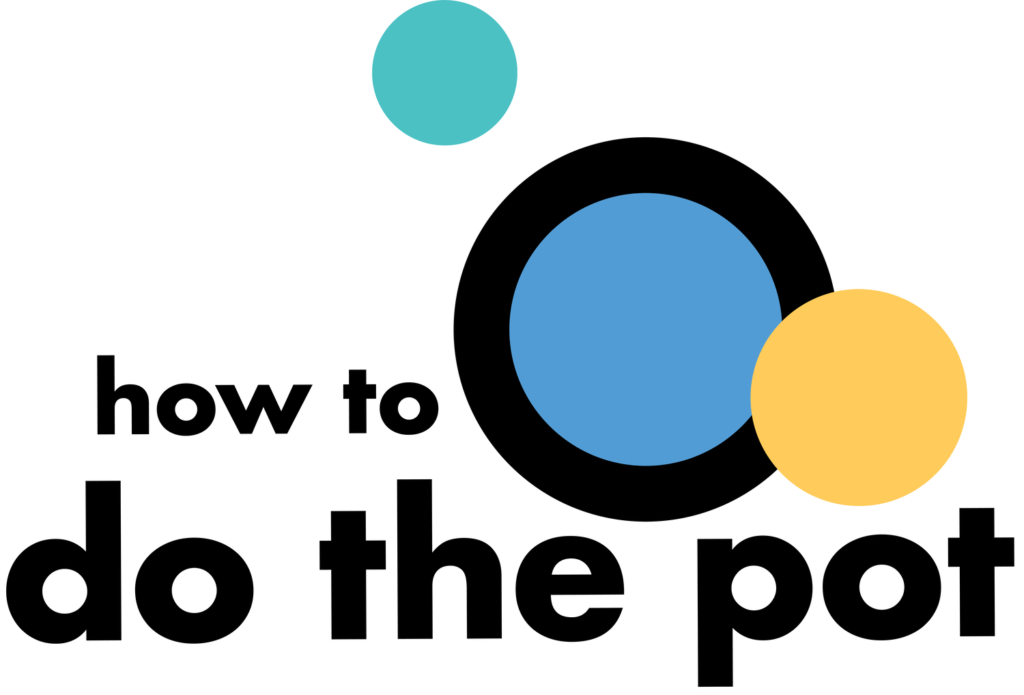Sometimes you hear a story that you just can’t get out of your head. That’s how I felt after talking to two women about autoimmune diseases, which affect women at a rate of 2:1 compared to men. Timeka Drew and Christine De La Rosa found their way to cannabis as a last resort to treat the symptoms of Crohn’s Disease and Lupus, which nearly killed each of them.
Our goal with How to Do the Pot is to demystify cannabis for women, and we love to share practical tips about things like microdosing, edibles, and sex. But what is likely to change hearts & minds – and laws – about cannabis? Stories of patients thriving, thanks to medical cannabis. I hope you’ll listen and feel moved to share the episodes with anyone they might help. ❤️ Ellen
CANNABIS & AUTOIMMUNE CONDITIONS
1. How does cannabis help? Cannabinoids like THC and CBD are potent anti-inflammatory and pain relievers that are able to treat chronic underlying inflammation, which is the root cause of autoimmune diseases.
2. What research is available? Studies are limited in the U.S., but countries like Israel and Canada have promising research that you can learn about and share with your doctor. Dr. June Chin’s website has a long list of recent research studies on medical cannabis.
3. Be aware of drug interactions. Medical experts recommend waiting two hours after taking your prescription medications before consuming cannabis. Try cannabis at night or when you know you have the time to adjust to any effects.
4. Start with common symptoms. Experts recommend starting with the least crucial medications you’re taking to treat your condition. Cannabis is known to modulate pain and help with nausea, so women often start by replacing prescriptions that treat those symptoms. Use a journal to track what you’re taking and watch for patterns to learn what is working for your body.
5. How to talk to your doctor. As more states legalize cannabis, doctors are paying attention but may not be informed or culturally prepared to consider it as a treatment. Try starting the conversation objectively, for example: “Before I tried cannabis, I felt this way. And then I tried cannabis, and it helped me feel these … specific effects”.




